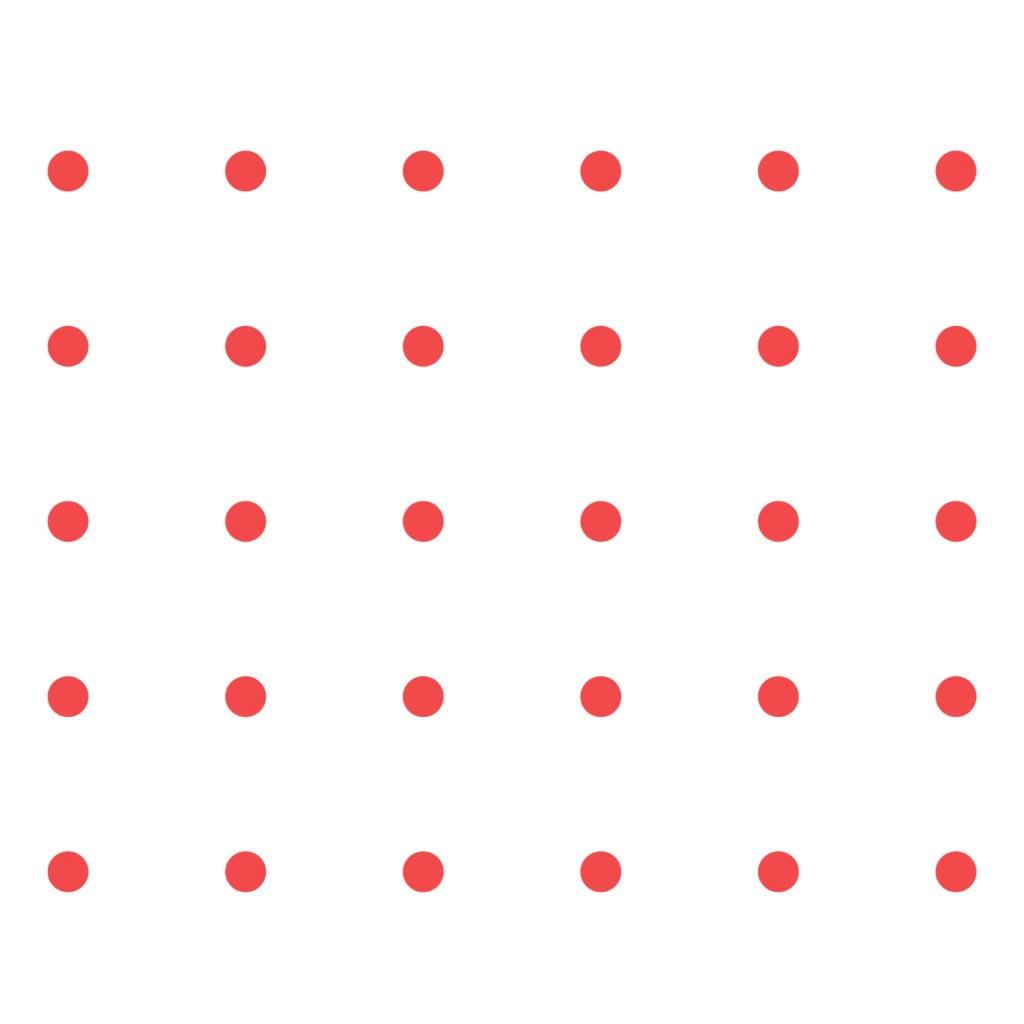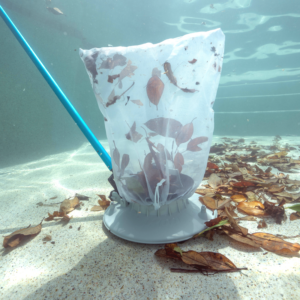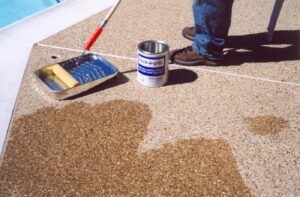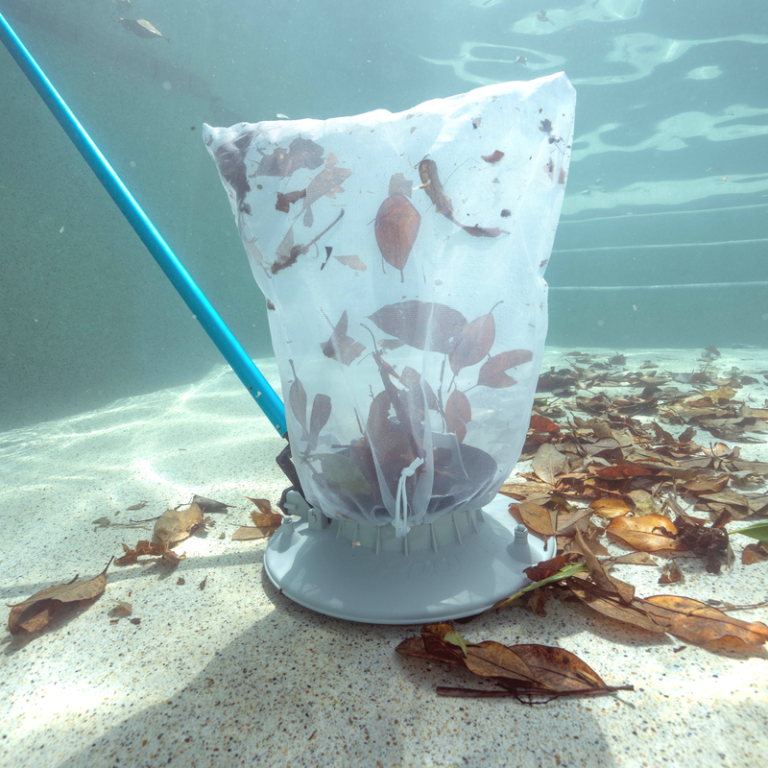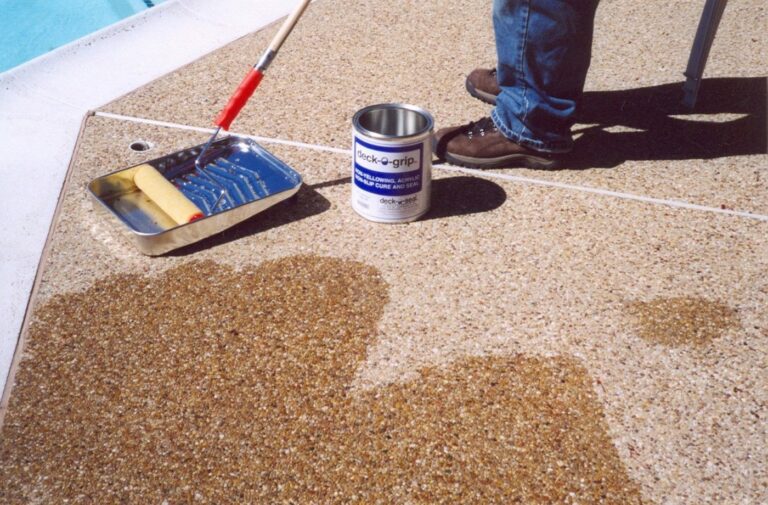You’ve likely heard rumblings of the new pool motor regulations that the California Energy Commission has put in place. As with any regulation changes, there is plenty of apprehension and a lot of speculation. So, if you or your customers are anxiously awaiting some clear information, we’re here to help with 6 questions answered on the new CEC pool motor regulation.
What are the overall motor regulations and when did they take effect?
The regulations apply specifically to single-speed motors and they came into effect on July 19, 2021. This means that any motor greater than or equal to 1.0 THP (total horsepower) used for a residential filter pump purpose and made before the July cutoff date, has to be switched out for a two-speed or a variable speed motor. For replacement dedicated-purpose pool pump motors on a residential or commercial pool where the replacement motor is greater than or equal to .5 THP and made on or after the cutoff date, the motor needs to be replaced with a variable speed motor.
Why did California choose to make the additional changes?
To further enhance energy savings, California has opted to take the Department of Energy’s DPPP standards a step further to include replacement dedicated-purpose pool pump motors. (Also known as RDPPPM.) Any RDPPPM made on or after July 19, 2021, must meet the state’s standards for testing, marking, and performance.
Will single-speed motors still be available for purchase?
This one has a bit of a mixed answer. While single-speed motors that were made prior to the cutoff date can legally be sold in California, Century motors has chosen not to ship them to the state. The decision was made as a result of the new regulations. Century motors will only be shipping the VGREEN EVO VS motor, which is a variable speed motor specifically created to fit the new CEC regulations.
How do the U.S DOE DPPP regulation and the Title RDPPPM regulation differ?
While the RDPPPM regulation applies only to replacement motors used for certain pool pump applications, the DPPP regulation pertains to pool equipment systems with an incorporated pump as well. DPPP are now federally regulated—since July 19, 2021—which is the same time that the RDPPPM came into effect.
Are commercial facilities exempt from the RDPPPM regulation?
No, not necessarily. It really doesn’t matter where the installation takes place—residential or commercial. If the product fits the RDPPPM specifications, then the regulation applies. However, this does not include motors that operate only via 3 phase powers or motors over 5DPPM total horsepower installed at any type of facility.
Who can we turn to for answers and solutions?
Are you still feeling a bit confused? Wondering what to tell customers when they come to you asking for options? You don’t have to navigate these pool motor regulation changes on your own. The team at Alpha West is here to help. We have the information and services you need to keep your business running smoothly during this and future transitions.
Need help sourcing additional products to offer your customers or training on those new products that adhere to ever-changing regulations? Trust our well-informed team of pool and spa manufacturer reps to know what’s going on in the industry. We’re ready and waiting with answers and solutions. Get in touch with us today to find out more about how we can help you grow your business.


